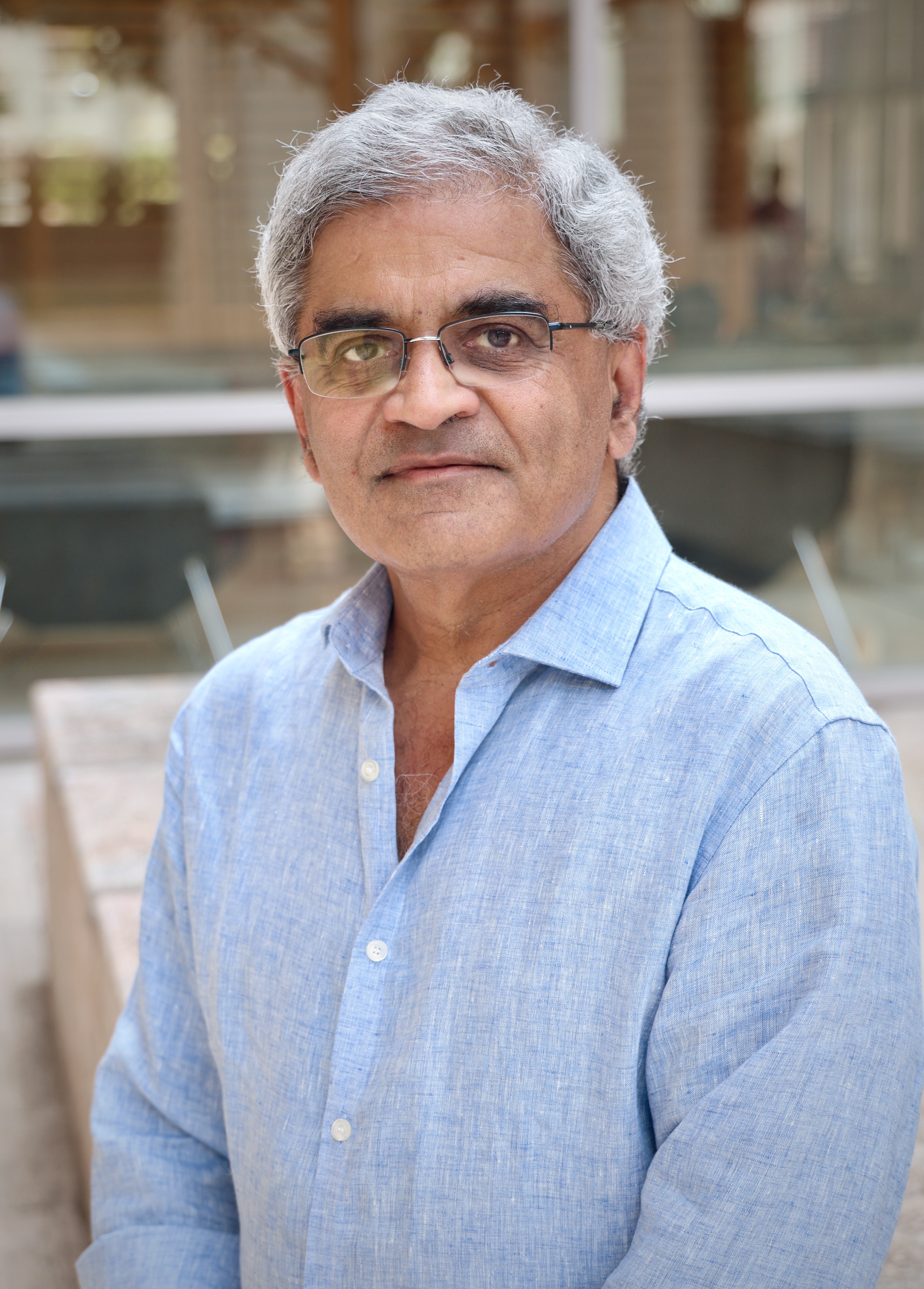It’s 4 a.m. in Italy. Jet lagged before a conference, Keshav Pingali, professor of Computer Science and core faculty member at the Oden Institute for Computational Engineering and Sciences, found himself unable to sleep. His response to this restlessness will feel familiar to many a reader: he opened his laptop to check his email. Pingali was met with a delightful surprise in his inbox - a message from the chair of the ACM/IEEE Ken Kennedy Award informing him that he was the recipient of the 2023 prize.
The Ken Kennedy Award highlights groundbreaking achievements in high performance and parallel computing, a technique which allows many computational processes to be carried out simultaneously. Pingali has been recognized for his vast contributions to the field, including work on programming languages, compilers, and runtime systems for multicore, manycore, and distributed computers. His work has been incorporated into a majority of open source and commercial compilers and is used widely in research and industry.
His most recent research has focused on foundational parallel programming abstractions and implementations for irregular algorithms, which use complex data structures like sparse matrices and graphs. Pingali’s “operator formulation of algorithms” is a programming and execution model that captures patterns of parallelism in these irregular algorithms, where traditional techniques used to parallelize regular dense matrix algorithms typically fail.
Pingali, who holds the W.A “Tex” Moncrief, Jr. Chair in Distributed and Grid Computing at The University of Texas at Austin, is also being recognized for his leadership on the Galois Project, which implements the model for use in diverse areas, including real-time intrusion detection in computer networks, parallel tools for asynchronous circuit design, and machine learning on graphs for drug discovery.
His success with his project was hard fought. While “The TAO of Parallelism in Algorithms,” is now one of Pingali’s most highly cited papers, the results were not initially considered to be of mainstream interest in parallel programming. He remembers the work being “rejected from seven or eight conferences before it was finally accepted at PLDI, a top conference in parallel programming.”
